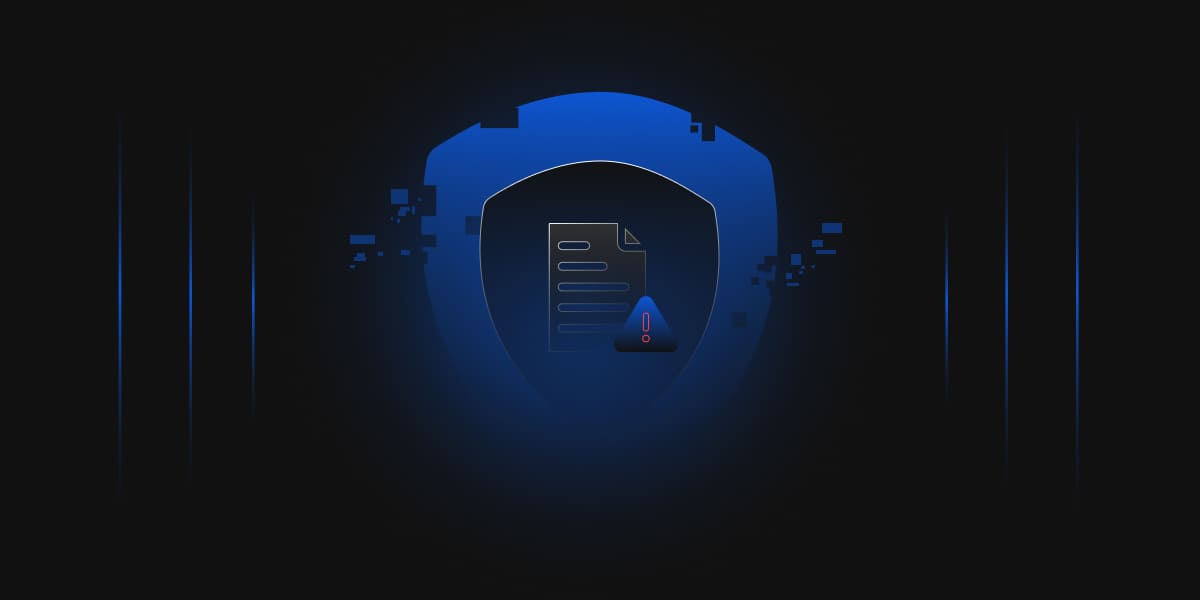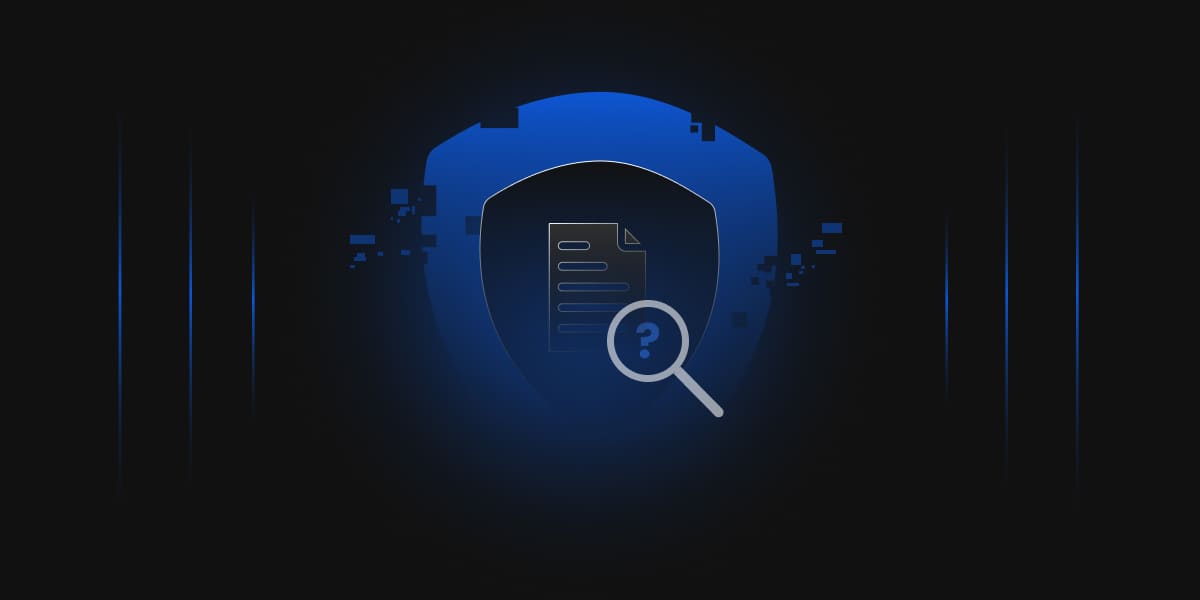Each year, more and more cyber attacks occur on organizations big and small. Ransomware attacks, supply chain attacks, and new types of attacks are created and used by threat actors to steal information and money. Without the proper safety precautions in place, even the biggest organizations have been affected, as has been seen in the recent months and years.
That is why so many organizations are focusing their efforts on different cybersecurity tools and protection methods, such as Data Loss Prevention, or DLP. As organizations increase the amount of data they store and transmit, these types of tools become even more vital to the protection of an organization.
Data Loss Prevention, or DLP, protects and monitors data-in-transit, data-at-rest, and data-in-use. It tracks the data anywhere it is stored in the organization, thus alerting the security team or teams to any use of the data. These tools and methods work with the encryption policies and standards in an organization to ensure that the users within the organization, as well as applications and third-party solutions, are abiding by the rules set forth in these policies and standards.
DLP tools work by creating a centralized location for managing, tracking, and remediating the improper use of an organization’s information. By supporting the standards and policies of an organization, those accessing and using information can be monitored to ensure that no confidential data leaves the organization and is used for improper purposes.
Why an Organization Should Use DLP
There are more reasons than just one as to why an organization should use DLP tools in their cybersecurity framework. Below are few other reasons to implement DLP safety measures in an organization:
-
Protection of Sensitive Data
DLP tools help ensure that sensitive data, such as personally identifiable information (PII), financial records, intellectual property, and customer information does not leave the organization unintentionally or fall into the wrong hands. By monitoring data in motion, at rest, and in use, DLP systems provide real-time protection against unauthorized access or transmission.
-
Compliance with Regulations
Organizations today are subject to an increasing number of data privacy and security regulations, including GDPR, HIPAA, PCI DSS, and CCPA. DLP solutions assist in identifying, classifying, and securing regulated data, thereby reducing the risk of compliance violations and the associated legal or financial penalties.
-
Insider Threat Mitigation
Not all data breaches originate from external actors. Employees, whether negligent or malicious, can pose serious risks to data security. DLP tools monitor user behavior and can detect and block suspicious activities such as sending confidential files via personal email or uploading sensitive documents to unauthorized cloud storage.
-
Visibility and Control over Data
DLP provides deep visibility into how data is being accessed, used, and transferred across the organization. It helps IT and security teams identify potential vulnerabilities, understand normal data movement patterns, and enforce security policies effectively across endpoints, networks, and cloud environments.
-
Preventing Intellectual Property Theft
For businesses that rely heavily on proprietary technologies, trade secrets, and product designs, protecting intellectual property is essential for maintaining competitive advantage. DLP tools help detect and prevent the exfiltration of such valuable assets, whether through email, USB devices, or cloud uploads.
-
Secure Remote and Hybrid Workforces
With the rise of remote and hybrid work environments, data is no longer confined within the physical boundaries of an office. DLP ensures consistent enforcement of security policies across all devices and locations, helping to prevent data leaks from home networks, mobile devices, or unsecured channels.
-
Incident Response and Forensics
When a data security incident occurs, DLP logs and reports can be critical for forensic analysis. They help trace the origin of the incident, understand how data was compromised, and develop strategies to prevent future occurrences.
Types of DLP Tools and Platforms
When talking about DLP, there are three different types that Data Loss Prevention comes in: Network DLP, Cloud DLP, and Endpoint DLP. Network DLP is the type of DLP I have talked about the most. This type of DLP deals with data moving inside the company.
Network DLP sets up a defensive fence to track and monitor data within the organization. The idea behind this is that when data is attempted to be sent out, via email or any other method, automated actions take place, such as encryption, blocking, or auditing the data transfer. This can be set up within the organization ahead of time. Additionally, a message will usually alert administrators if sensitive data is attempting to leave the organization when it shouldn’t.
Endpoint DLP is more complicated to manage than network DLP, but it is usually considered stronger than network DLP. Endpoint DLP focuses on the devices that are part of the network, as opposed to the network itself. Each device that uses the network will have this endpoint DLP installed on it, tracking the data in motion and the data at rest on the device.
Additionally, endpoint DLP tools can also detect if data is stored on the device unencrypted when it should actually be encrypted. As can be seen, installing and managing endpoint DLP on every device in a network is complicated and when done manually would take a lot of man hours to complete and keep up with. The final type of DLP is cloud DLP. This type of DLP is set up with certain cloud accounts, enforcing DLP rules and policies. Cloud tools, such as Office 365, integrate with cloud DLP tools to ensure these policies are met.
Conclusion
Having proper cyber security tools and platforms in place is extremely important to the safety of a company. Using DLP, any organization can get ahead of threat actors, whether they are inside or outside the organization. Protecting sensitive customer and organizational data is vital in any company, especially banks and health organizations. At Encryption Consulting, we make cyber security our highest priority. We work with organizations to create the most secure environment possible using methods such as DLP, Public Key Infrastructure (PKI), and encryption assessments. We provide assessment, implementation, and development services for PKI, encryption, and Hardware Security Modules (HSMs). If you have any questions, visit our website at www.encryptionconsulting.com.




